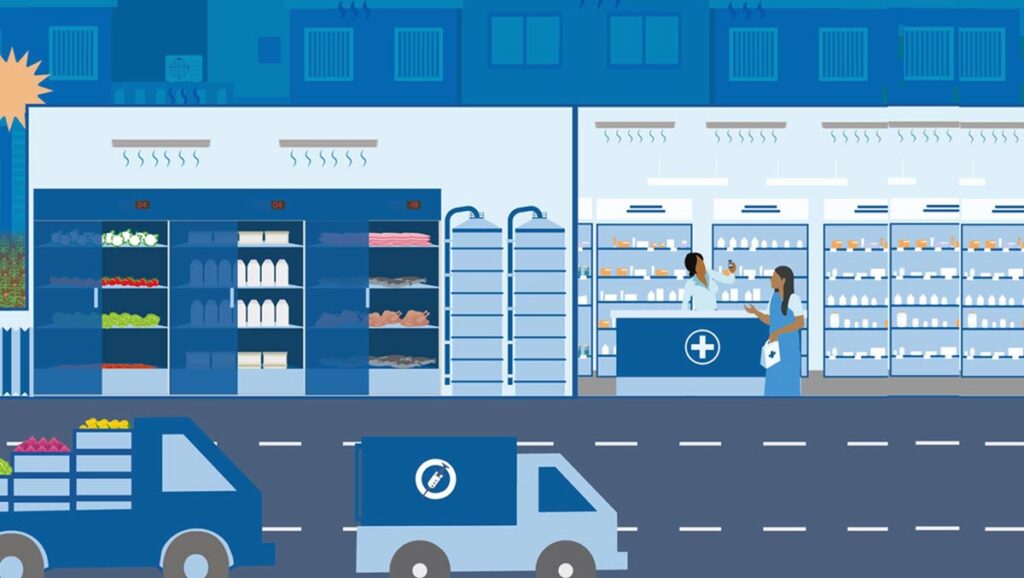
Tea News for the week ending December 9
Podcast Episode 96
Iran Slows Tea and Rice Imports from India
Without explanation, Iran’s Ministry of Agriculture has stopped registering contracts with Indian suppliers to export tea, rice, and other commodities. Registration is required before Indian goods can be offloaded in Iran.
Beginning in late November, Indian tea traders and traders exporting basmati rice noticed unusual delays in the routine registration of shipping contracts. Iranian officials did not announce or explain the delays, which led to speculation that the disruption was tied to ongoing street protests, a widening trade imbalance, or possibly ongoing discussions to resume oil exports from Iran to India.
Masih Keshavarz, speaking for Iran’s Rice Suppliers Commission, told IRIB News, “the ban will be lifted as soon as bilateral trade is balanced out or registers growth.”
The Business Standard reported that a fifth of India’s tea exports are shipped to Iran. Indian exporters told the newspaper, “the disruption in trade has been triggered by anti-hijab protests in Iran. Asa result, Iranian buyers, have been defaulting on payment obligations.”
Negotiations between the two countries to resume oil shipments are ongoing. India halted in 2019 due to EU and US economic sanctions designed to convince Iran to cease work on developing a nuclear arsenal.
Anshuman Kanoria, chairman of the Indian Tea Traders Association, said India’s Commerce Ministry, the Tea Board of India, India’s Foreign Trade office, and the Indian Embassy in Tehran are seeking an explanation. He writes that it is “futile to speculate on unconfirmed guesses.”
Previously registered shipments continue to arrive at Iranian ports.
| China Eases COVID Restrictions
China has eased travel restrictions and will permit people to enter public buildings without showing negative test results (except schools, hospitals, and nursing homes). Residents can travel freely within the country, but international travelers must still endure an eight-day quarantine on arrival. The country remains closed to tourists. The immediate impact of lifting restrictions will be a surge in infections due to a low vaccination rate.
| World Bank Report Reveals Investment Opportunities for Expanding India’s Cold Chain
Cold storage capacity in India has grown steadily. Still, a gap of 3.27 million metric tons for long-term storage of fresh produce remains, according to a World Bank report on investment opportunities presented at a government-hosted conference on developing India’s cooling sector.
The integrated development of the cold supply chain across India is severely lacking. The National Centre for Cold Chain Development (NCCD) estimates that close to $11.75 billion is required to develop the physical infrastructure and transport-related elements, presenting an investment opportunity to modernize the retail end of the cold chain requiring $1.3 to $1.9 billion.
Building out that infrastructure will spur the consumption of chilled ready-to-drink tea and make it practical to sell refrigerated concentrates and store perishable green teas.
Download: Climate Investment Opportunities in India’s Cooling Sector
| PLUS THIRST has completed its initial assessment of human rights in the global tea sector and is now seeking to understand the root causes. THIRST founder and CEO Sabita Banerji says the non-profit will conduct confidential surveys of tea producers during the New Year. In this episode, she discusses the process with South Asia Correspondent Aravinda Anantharaman.


